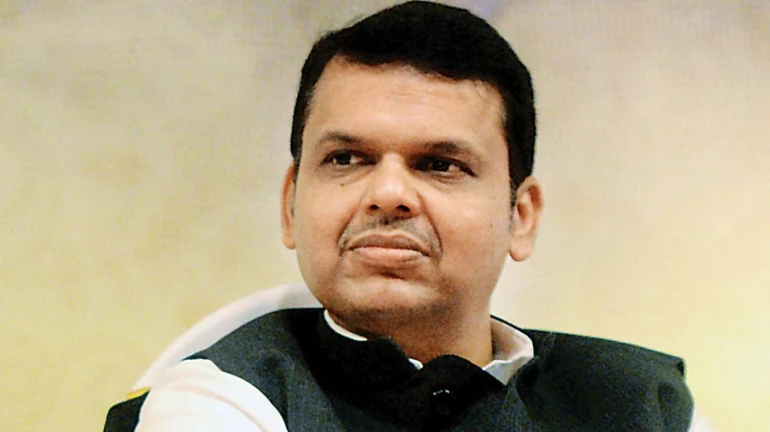
A Right To Information (RTI) query was filed by activist Jeetendra Ghadge seeking a response regarding corruption cases in Maharashtra. The Maharashtra Anti-Corruption Bureau (ACB) has disclosed that the state government has failed to authorise the investigation of 364 cases of alleged graft under Section 17A of the Prevention of Corruption Act, 1988 as of March 2023. Out of these 364 cases, a permit to probe 356 cases is pending for 120 days.
This disclosure of ACB has raised a big concern over the commitment of the government to fight against corruption. It has also caused citizens to doubt the integrity of those in power.Section 17A of the Act was added in 2018 to give an extra layer of protection for government employees by requiring two-stage authorisation from the competent authority to act against a public servant. The secretary of the department in question must first authorise the start of an investigation into the employee against whose charges have been made, and then give the go-ahead for the filing of a charge sheet against them.
As per the data disclosed in the RTI response by ACB, the urban development department is on the top with 90 pending sanctions, the revenue department is in the second position with 45 pending sanctions, followed by the rural development department with 41 pending sanctions."The 2018 amendments were intended to strengthen the fight against corruption. They now appear to have compromised the Prevention of Corruption Act's core foundation. Citizens are becoming increasingly disillusioned and skeptical of those in authority since the government's actions appear to contradict its anti-corruption rhetoric," remarked a retired IPS officer.
"Citizens, who have long believed in the anti-corruption crusade promised by political parties, now find themselves disillusioned and questioning the integrity of those in power; 356 sanctions pending for 120 days call the very purpose of having an ACB into question," Ghadge, who is also affiliated with the Young Whistleblowers Foundation, said.He added, "The consequences of protecting corrupt officials from scrutiny are severe, undermining public trust in the government's commitment to fighting corruption."
An official from Anti Corruption Department has raised his voice and expressed his concern about the provisions of the Prevention of Corruption Act. Certain provision of the act has been hindering their actions in connection with corruption involving government officials. The need to obtain sanctions before taking any action against the accused officials is cited to be the primary reason for the slowdown in their efforts.
The official further stated that the corrupt officials or individuals involved in any corruption cases often become aware of the sanction being sought against them. This provides them the chance to tamper with important evidence and makes it more difficult to pursue effective investigations. This is compounded by the large delays in receiving the punishment.
The alteration was made with a different idea, according to former Maharashtra DGP for anti-corruption Pravin Dixit. He said, "The modification has been done with a different idea. Traps are stated in the RTI cases. For prosecution under Section 18 of the Act in these cases, the competent authority's approval is necessary. Due to the involved officers' lethargy, which necessitates monthly intervention from the additional chief secretary of the home department, these are languishing.”
Now, the question here is why these sanctions are still pending. Is someone trying to save corrupt officials?





